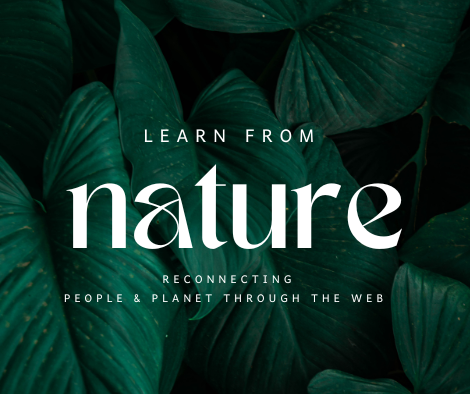

To protect endangered sharks and rays, scientists are mapping these species’ most important locations
“Sharks and their relatives are some of the most imperiled animals on Earth: More than one-third of all known species are threatened with extinction. Many of these animals play vital roles in their ecosystems. Losing marine predators can destabilize entire food webs and the ecosystems that these food webs depend on.
In recent years, the management of sharks and their relatives, rays and chimaeras, has largely focused on curbing the impacts of fisheries and trade on these species. But their populations are still declining rapidly, so new strategies are needed.
To effectively protect these important and threatened animals, my colleagues and I believe it is vital to identify and protect parts of the ocean, plus some freshwater habitats, that are especially significant for their lives. Some areas, for example, are important migratory pathways, or feeding or mating grounds, or places to lay eggs.
Our team has created a list of technical criteria so that zones around the world can be examined and potentially designated as Important Shark and Ray Areas. We modeled these criteria on similar approaches that are already in use, such as important marine mammal areas, which we adapted to the specific needs and biology of sharks and their relatives.
We are now hosting a series of 13 regional workshops around the world and inviting local experts to nominate preliminary areas of interest for evaluation by our team and an independent expert review panel. So far, we’ve completed three workshops, one focusing on the Central and South American Pacific, another on the Mediterranean and Black seas, and the third on the Western Indian Ocean, with a workshop for Asia planned for early 2024.”
(source: https://theconversation.com/to-protect-endangered-sharks-and-rays-scientists-are-mapping-these-species-most-important-locations-218902

